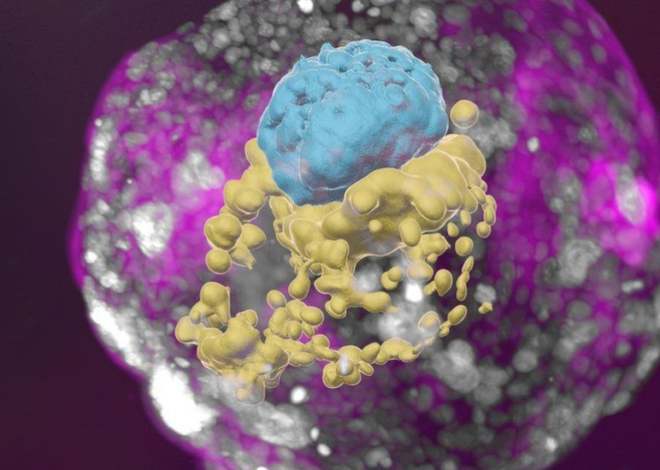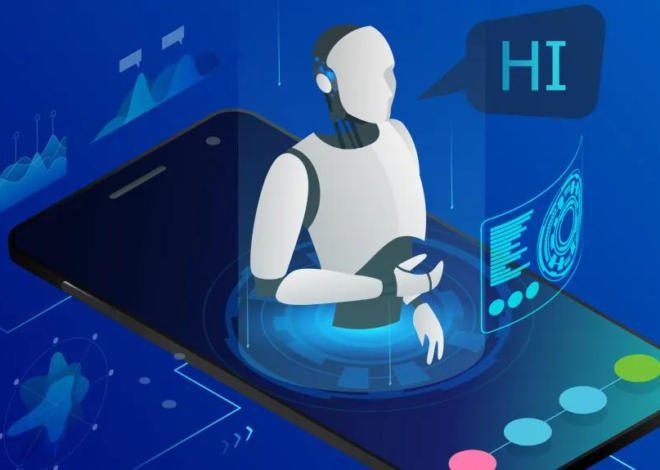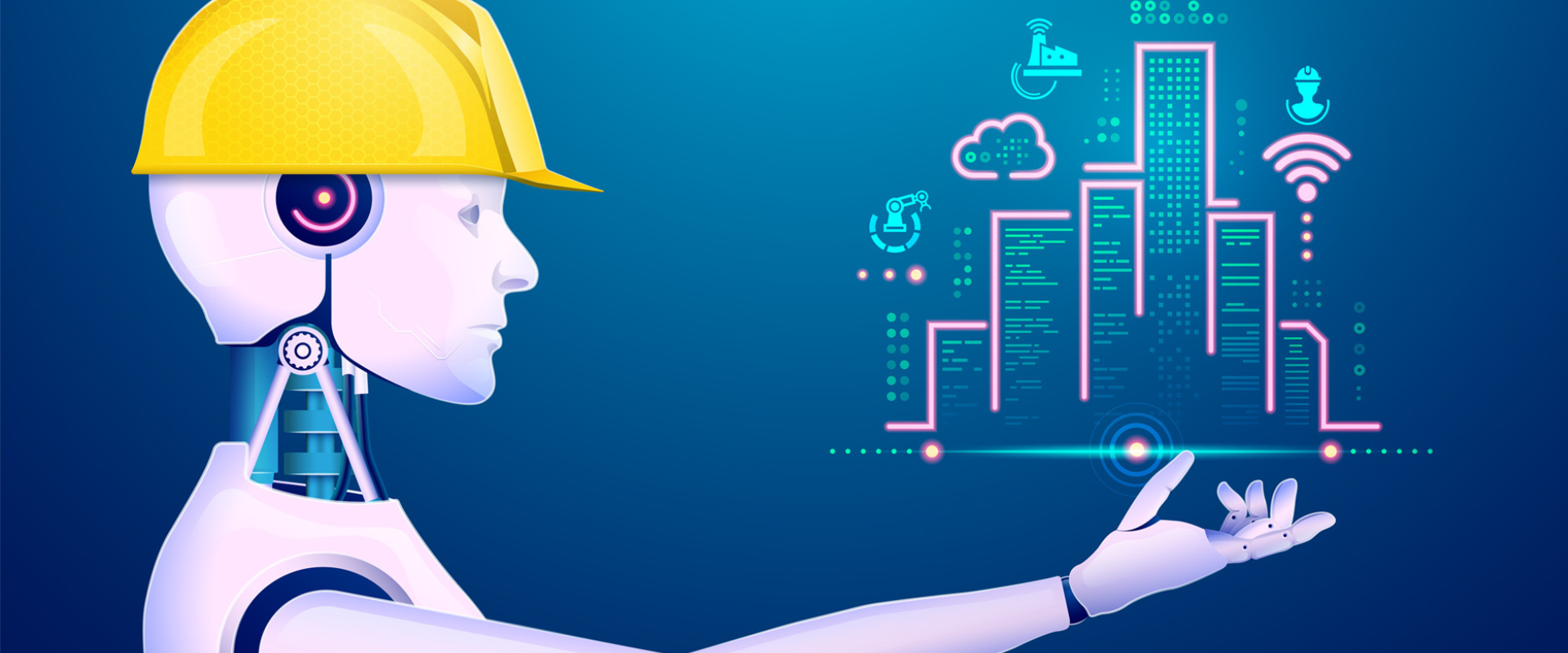
Constructing Intelligence: The Role of AI in Construction
Tech-focused world, AI marvels like ChatGPT and digital assistants like Siri and Alexa have captured attention. Among the sectors poised for transformative change, construction stands out. Despite being digitally behind, this presents a golden opportunity for AI integration. AI could drive efficiency, quality, performance, and safety on construction sites.
Emphasizing this, McKinsey reports that construction’s annual value exceeds $10 trillion, a significant slice of global GDP. By going digital, an additional $1.6 trillion could be added yearly, spotlighting immense growth potential.
What is Artificial Intelligence (AI)?
Artificial intelligence (AI) is an aggregative term for describing when a machine mimics human cognitive functions, like problem-solving, pattern recognition, and learning.
Artificial intelligence is a machine that’s able to learn, make decisions, and take action—even when it encounters a situation it has never come across before.
Understanding the AI in Smart Construction
AI and machine learning are revolutionizing construction, from design to operations. They enhance safety, efficiency, and cost-effectiveness. AI monitors sites for safety, optimizes designs for efficiency, and automates processes for speed and quality.
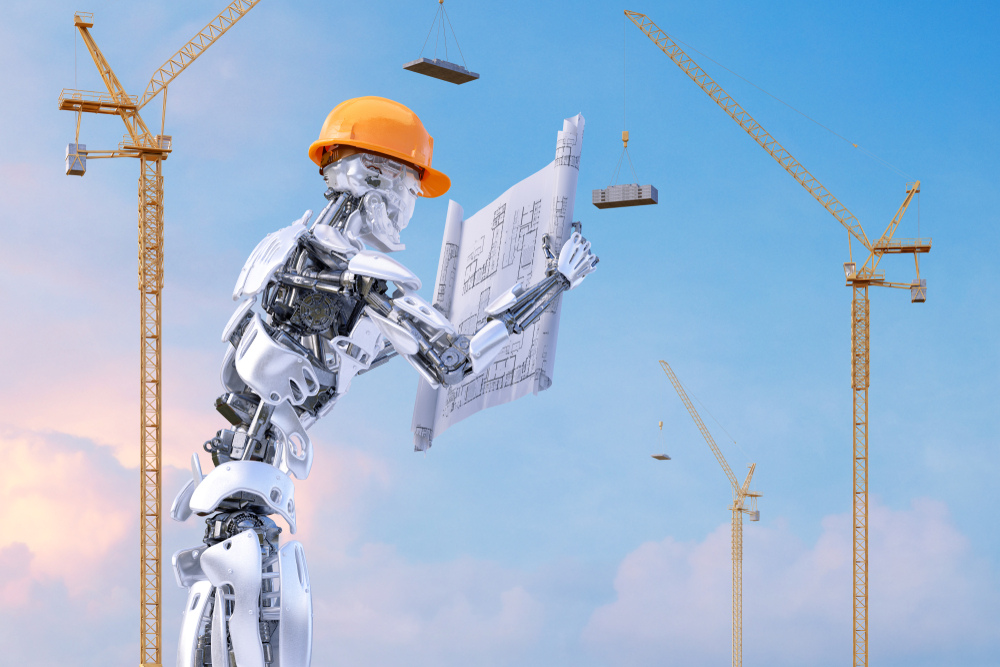
The European market leads AI adoption, offering a competitive edge. Key benefits include:
1. Safety: Real-time hazard monitoring reduces accidents.
2. Efficiency: Faster project completion and improved overall efficiency.
3. Quality: Robotics automation improves construction speed and quality.
In summary, AI is reshaping construction, making it safer and more efficient, particularly in Europe.
You May Also Read “Robots Take Over the World“
Preconstruction in AI
Imagine technology transforming the way we approach construction’s initial stages. Enter Artificial Intelligence (AI) in preconstruction, not just a buzz but a revolution.
AI isn’t replacing experts; it’s enhancing them. Think of it as a partner analyzing data at lightning speed, offering better insights and faster evaluations.
How does it work? AI mines historical data for patterns, predicting challenges and solutions. It refines cost estimates by factoring materials, labor, and trends, preventing budget overruns.
AI excels at risk management, considering hidden variables for informed decisions. Its adaptability suits any project type.
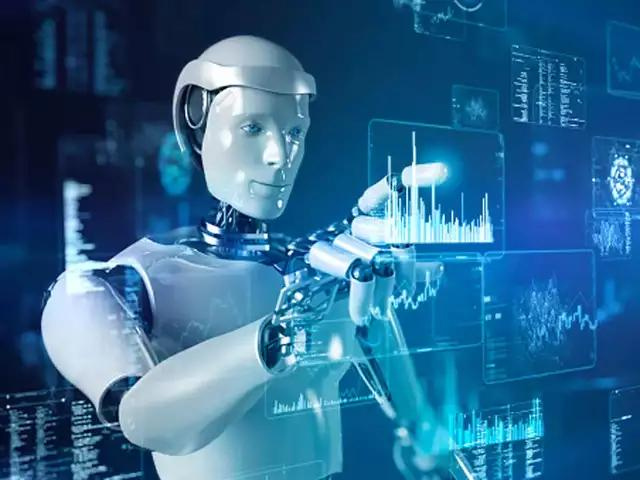
Challenges like data privacy exist, but the benefits outweigh them. With AI in preconstruction, you’re armed with a tool for reshaping project planning.
AI in preconstruction isn’t just tech; it’s empowering humans to lay the groundwork for a smarter future.
Stages of AI in Preconstruction
The stages of AI in preconstruction involve a series of steps where artificial intelligence is utilized to enhance the planning and preparation of construction projects. Here’s a concise breakdown of these stages:
1. Data Collection: The first stage involves gathering relevant data from various sources, such as historical project information, materials costs, labor rates, and market trends.
2. Data Analysis: In this stage, AI algorithms process the collected data to identify patterns, trends, and insights. This analysis helps in making informed decisions during the preconstruction phase.
3. Predictive Modeling: Using the insights gained from data analysis, AI creates predictive models that forecast potential challenges, risks, and outcomes based on historical data
4. Cost Estimation: AI leverages data and predictive modeling to generate accurate cost estimates for construction projects, taking into account various factors like materials, labor, and market fluctuations.
5. Risk Assessment: AI assesses risks by considering a wide range of variables that might impact the project, allowing for proactive risk management and mitigation strategies.
6. Optimization: AI suggests optimal strategies based on the data-driven insights it has gathered. This can include recommendations for project timelines, resource allocation, and cost-effective solutions.
7. Collaboration: AI facilitates communication and collaboration among project stakeholders by providing them with real-time data and insights, ensuring everyone is on the same page.
8. Decision Support: AI assists in making informed decisions by providing comprehensive data, predictions, and suggested actions, helping project teams choose the best course of action.
9. Continuous Learning: AI systems can learn from ongoing projects and their outcomes, improving their accuracy and effectiveness over time.
10. Adaptation: As the project progresses, AI can adapt to changing circumstances, updating predictions and recommendations based on new data and developments.
These stages demonstrate how AI in preconstruction enhances efficiency, accuracy, and decision-making, ultimately leading to better-planned and executed construction projects
Bright Future of AI in Construction
The present and future of AI in the construction industry are promising as more AI-based tools and techniques become integrated into workflows. As technology advances, AI is expected to become an even more integral part of the construction process, helping to improve efficiency, reduce costs, and enhance construction performance outcomes. AI in the construction industry has landed. Get ready for it.
You May Also Like “Metaverse Technologies“
Conclusion
AI is ushering in a transformative era for the construction industry. From enhancing safety and efficiency to revolutionizing preconstruction planning, AI’s potential is vast. With its continued integration, construction is poised to become safer, more cost-effective, and better equipped to meet the demands of our evolving world, promising a bright future for this vital sector.






